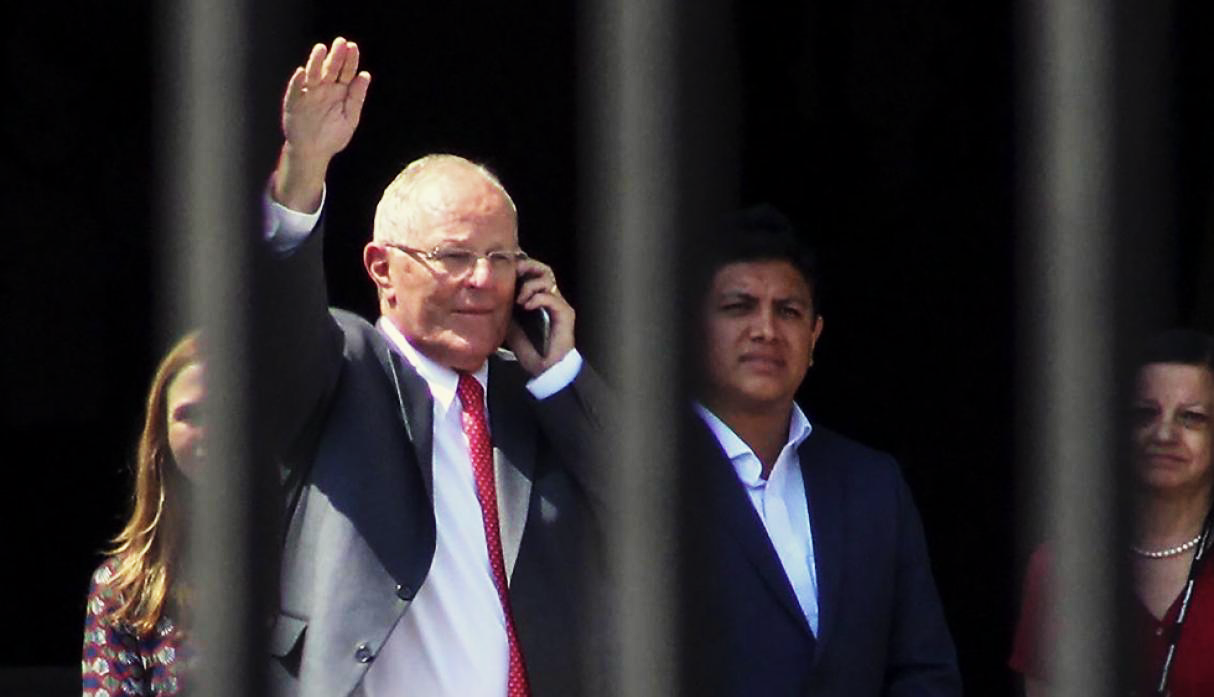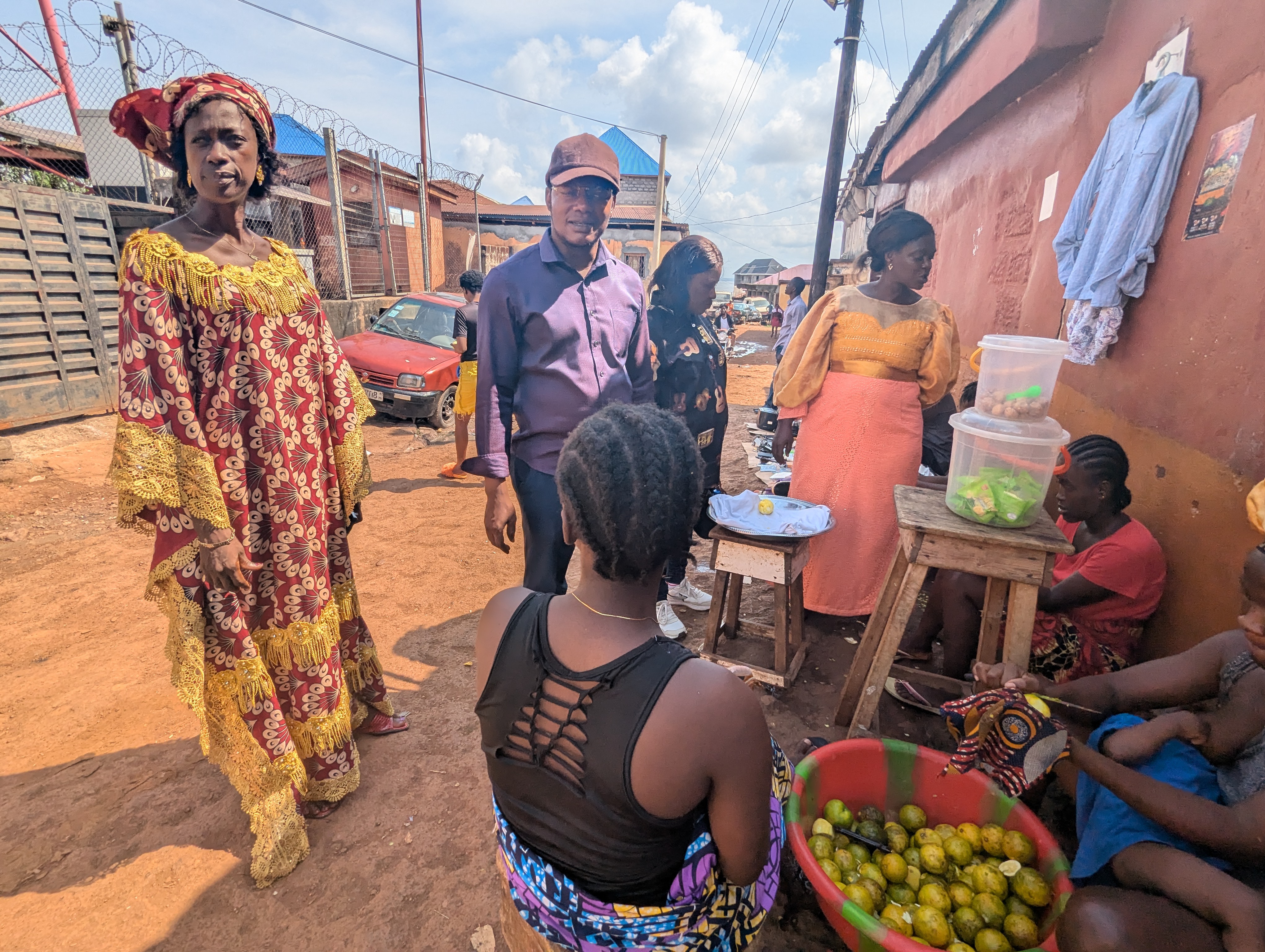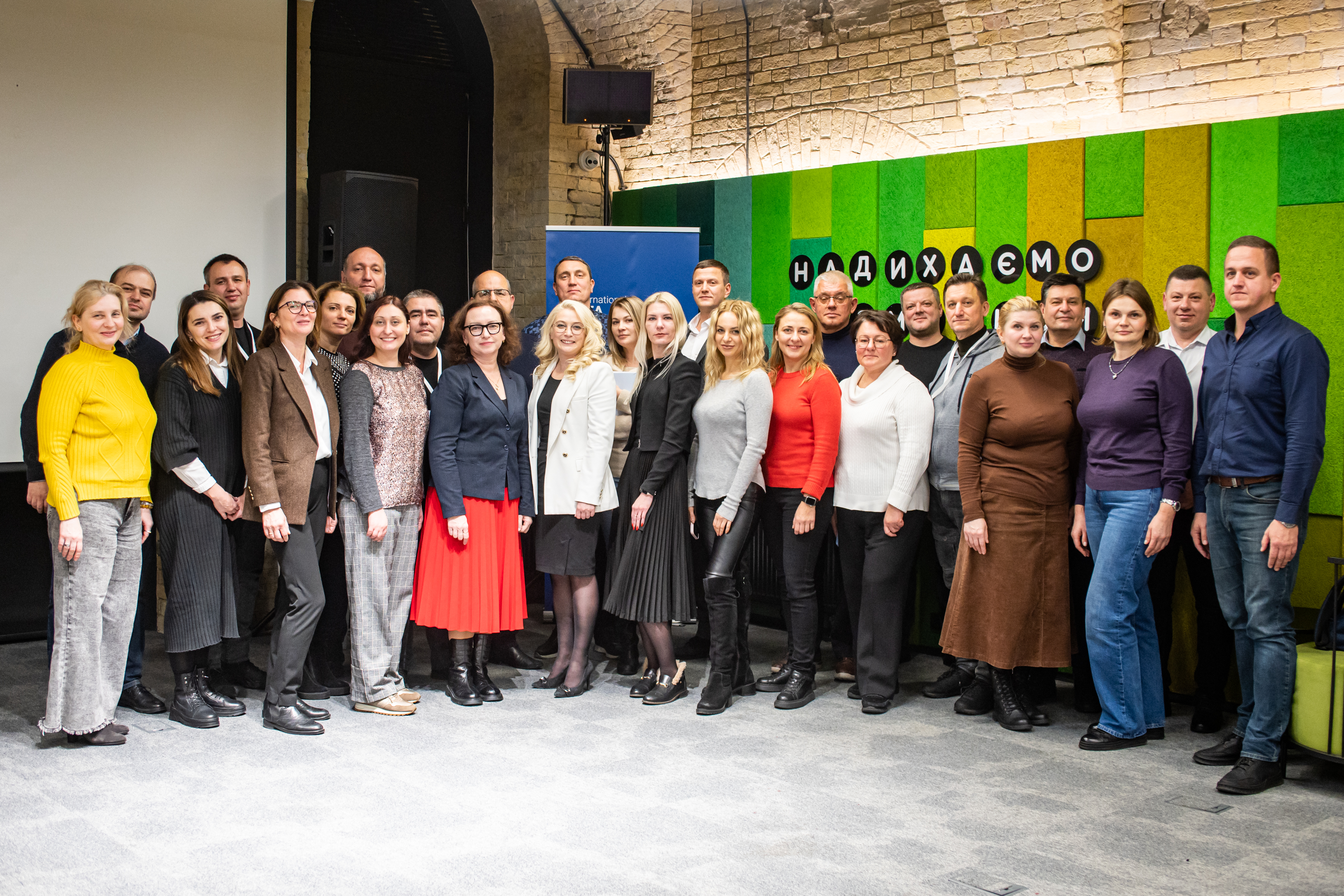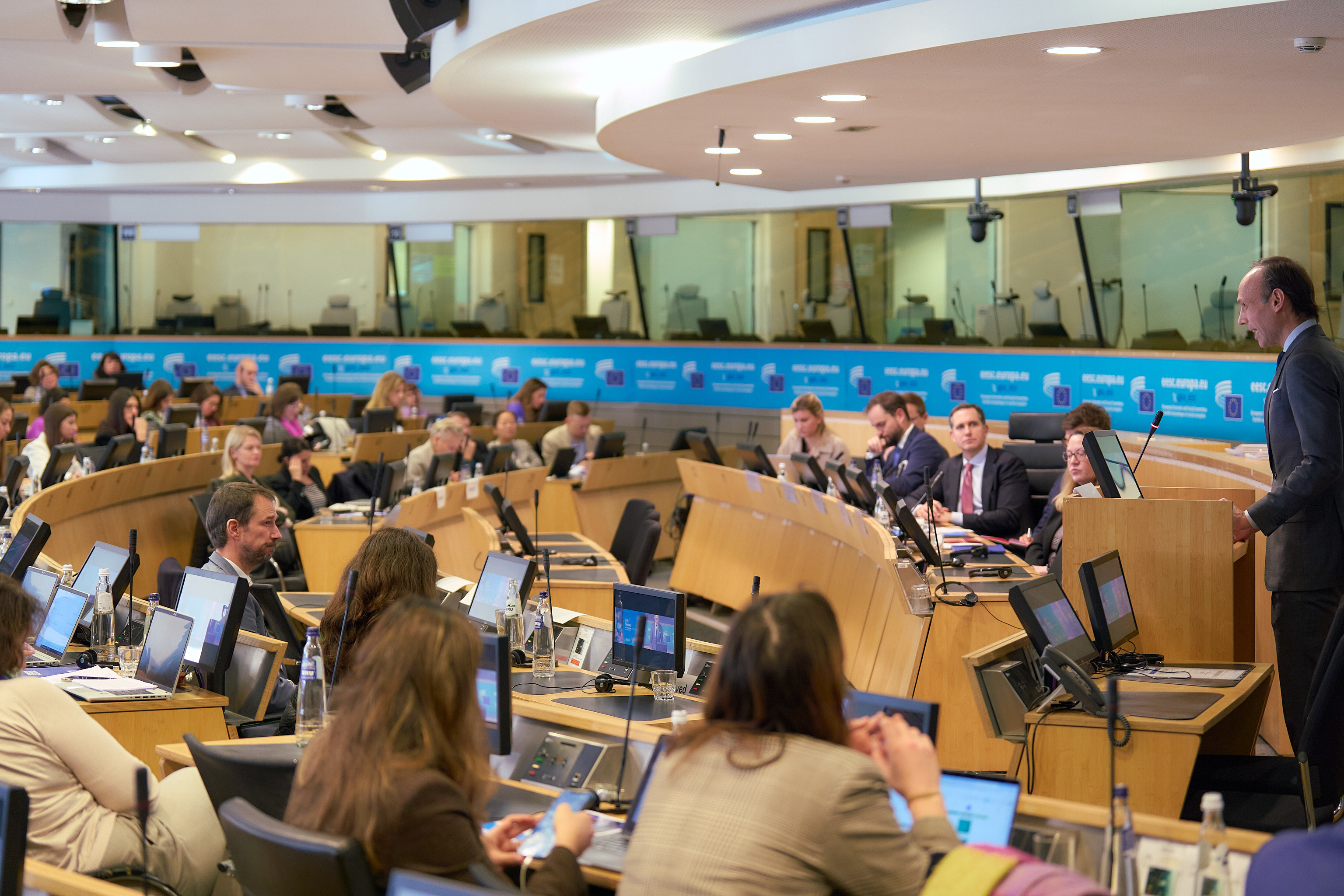President Pedro Pablo Kuczynski resigns following accusations of corruption

The information that has come to light after the corruption scandal surrounding Brazilian construction company Odebrecht has put many officials involved in Peruvian politics in a difficult position, including now former President Pedro Pablo Kuczynski. In this context, the population is increasingly rejecting the political class and people’s trust in the institutions is waning.
Este artículo se encuentra disponible en Castellano.
The information disclosed by a representative of Odebrecht to the Lava Jato Commission at the end of 2017 referred to company Westfield Capital, which is owned by the former President of the Republic, Pedro Pablo Kuczynski Godard, having received payments of USD 782,202,68 between 2004 and 2007 for advice, when the President was the Interior Minister in the government of Alejandro Toledo. These revelations led to the members of congress representing different political groups demanding that the President immediately resign. On top of this, a first impeachment motion was brought against him on the grounds of “permanent moral incapacity”. Approval of the motion required a minimum of 87 votes in favor; however, 79 approved the motion, 19 voted against and 21 abstained and so the demand for vacancy did not proceed.
Some days later, the President granted a humanitarian pardon to former President Alberto Fujimori, who had been sentenced to 25 years in jail for crimes committed during his government administration between 1990 and 2000. This measure was fiercely rejected by a significant part of the Peruvian people, steeply weakening the ruling party representation in parliament. Furthermore, the pardon caused several ministers, senior officers and government employees to resign.
Following the latest statements made by Jorge Barata, former executive director of Odebrecht in Peru, in the sense that the construction company gave money to Pedro Pablo Kuczynski’s campaign in 2011, a second impeachment process against the President—which had been proposed by opposition caucuses Nuevo Perú and Frente Amplio with support from majority caucus Fuerza Popular—was admitted on the grounds of “moral incapacity”.
Nonetheless, during the vacancy procedure the Fuerza Popular caucus presented video recordings showing members of congress and a minister speaking with a member of congress of Fuerza Popular, trying to convince him to vote against the impeachment in exchange for personal benefits and benefits for his constituency in the form of public works.
Following this political crisis and amid the video revelations, the President resigned. In his letter of resignation submitted to Congress he said that he rejected all accusations against him, from the alleged vote-buying in Congress to the grounds underlying the second impeachment process against him.
On 23 March 2018, with 105 votes in favor, 12 against and four abstentions, Congress accepted Pedro Pablo Kuczynski’s resignation and declared presidential vacancy. Consequently, Vice President Martín Vizcarra was sworn in as the President of the country with a mandate until 2021.
The revelations about former President Kuczynski are but part of the large chain of corruption that has come to light in Peru in recent months. At the national level only, more than 27,000 public servants are being prosecuted for corruption. This political setting requires a series of reforms to the legal framework concerning political financing and the fight against corruption, both of which are tasks around which International IDEA develops actions in Peru. Hence, International IDEA’s contribution will be essential to build consensuses that lead to the changes of rules and practices required in Peruvian politics.




